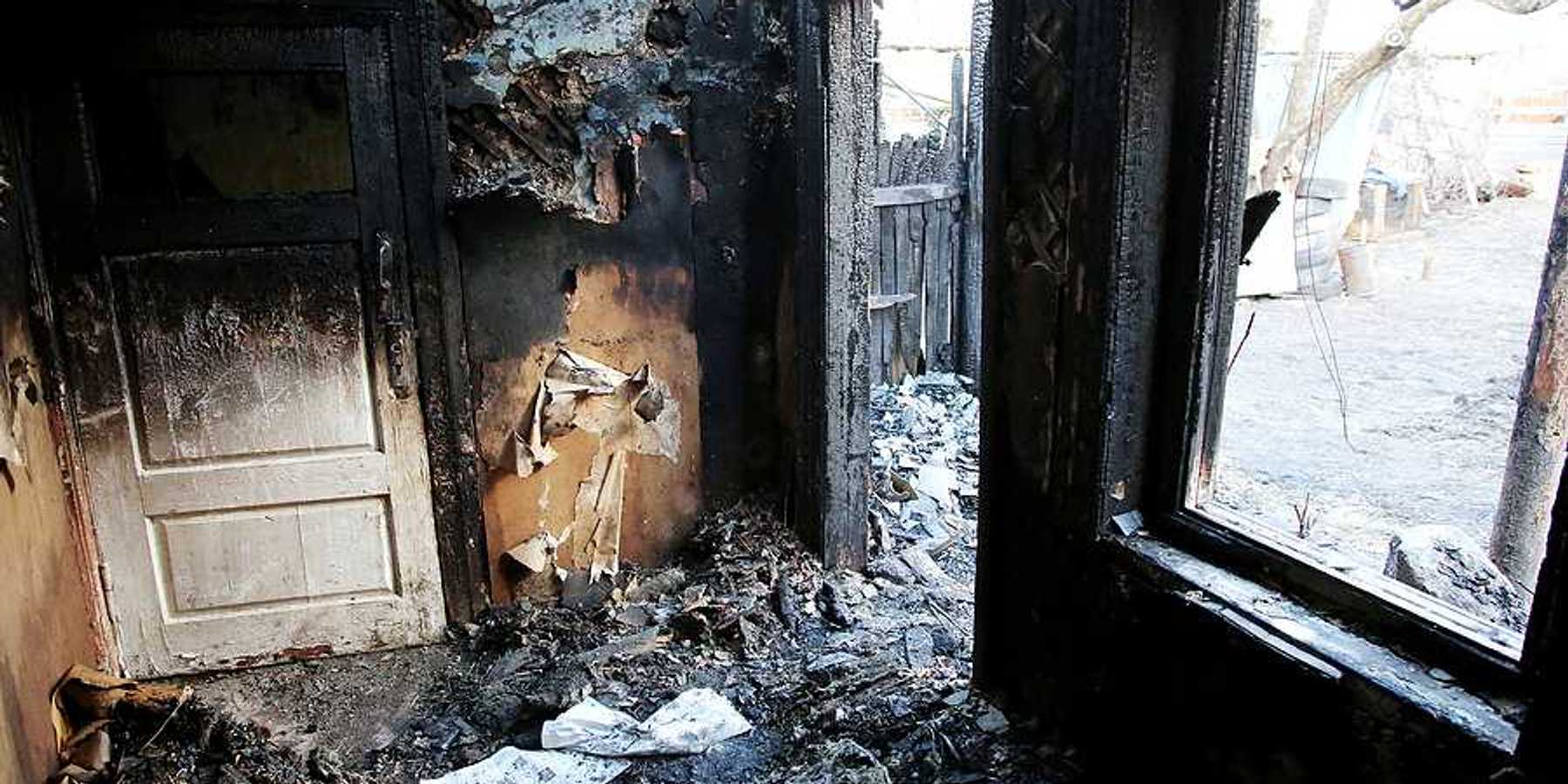zero emissions
Hawaii agrees to a zero-emission transportation deadline
Hawaii has reached a legal settlement with young climate activists, requiring the state to achieve zero emissions in its transportation sector by 2045.
In short:
- The lawsuit, filed by 13 young people, claimed Hawaii's transportation policies violated their constitutional rights by contributing to climate change.
- The settlement mandates Hawaii to fully decarbonize its ground, sea, and inter-island air transportation by 2045.
- This agreement includes oversight by the court to ensure compliance and faster progress towards emission reduction goals.
Key quote:
“This is an extraordinary, unprecedented victory for the youth plaintiffs.”
— Michael Gerrard, faculty director of the Sabin Center for Climate Change Law at Columbia University
Why this matters:
This settlement marks a significant step in addressing climate change by targeting transportation emissions, a major contributor to greenhouse gases. It also demonstrates the power of youth activism in influencing environmental policy.
The White House introduces a unified standard for zero-energy buildings
The Biden administration has unveiled a new federal definition for zero-emissions buildings, aiming to set a national benchmark for sustainable construction.
In short:
- The new guidelines, announced by White House National Climate Advisor Ali Zaidi, aim to provide a consistent framework for defining zero-emissions buildings.
- The definition emphasizes energy efficiency, zero on-site greenhouse-gas emissions, and reliance on clean energy sources.
- The guidance, while not legally binding, seeks to encourage the private sector to adopt these standards to support the transition to sustainable building practices.
Key quote:
“The National Definition of a Zero Emissions Building will support the sector as it advances innovative solutions essential to creating resilient communities and high-quality jobs.”
— Jennifer M. Granholm, Secretary of Energy
Why this matters:
Buildings account for one-third of U.S. carbon emissions, making improved energy efficiency crucial for reducing the country's carbon footprint. Establishing clear standards can drive investments in clean energy technologies and help meet ambitious emission reduction targets.
World's first (nearly) zero-emission gas plant delayed until 2027
Supply chain challenges will delay the world’s first utility-scale gas plant with carbon capture, Net Power executives announced Tuesday.
White House to announce new definition of zero-emission buildings
The Biden administration will announce a new definition of buildings that produce zero planet-warming greenhouse gas emissions.
The world's first zero-emission cruise ship will have sails covered in
Net-zero emissions could triple U.S. energy jobs by 2050
Decarbonizing the U.S. economy will be a massive jobs engine, according to a new study. But the benefits won’t be automatic, highlighting the need for strong public policy to make sure energy workers get a fair deal.
Move to electric vehicles could save nearly 90,000 lives in US by 2050, study says
A new report from the American Lung Association that reveals that if gas-guzzling vehicles were replaced by zero-emissions vehicles like electric cars, trucks, and SUVs in the US by 2035, the nation could witness a significant reduction in premature deaths, reports Jen Christensen for CNN.
In a nutshell
The Driving to Clean Air: Health Benefits of Zero-Emission Cars and Electricity report states that by 2050, there could be 89,300 fewer premature deaths and 2.2 million fewer asthma attacks, resulting in 10.7 million fewer lost workdays. However, achieving these health benefits would also require a transition to clean noncombustion electricity sources such as wind, solar, hydro, geothermal, and nuclear power.
Key quote
“This transition to zero-emission technologies is critical as a whole but especially critical in making sure that we’re targeting policies and investments and incentive programs so that all communities can take advantage of these health benefits and more healthier transportation choices,” report author William Barrett said.
Big picture
Transportation, identified as the leading source of air pollution and carbon emissions, poses a grave threat to public health, particularly impacting low-income communities and communities of color. The shift to zero-emission vehicles necessitates upfront investments, but the health benefits are expected to outweigh the costs. Efforts by the auto industry, the federal government, and Congress, including stricter emissions standards and incentives for electric vehicles, are crucial steps toward accelerating the transition.
Read the full story here.









